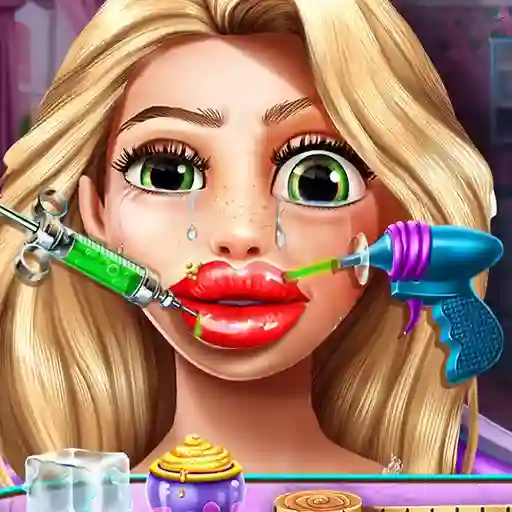













Treatment games are a category of games designed to provide therapeutic benefits to players. These games are typically created to address specific health conditions, such as mental health disorders, cognitive impairments, or behavioral issues. They aim to combine engaging gameplay with evidence-based interventions to promote recovery, skill development, and well-being. Treatment games are often used by clinicians, therapists, and caregivers to supplement traditional therapies, making them a valuable tool in the healthcare sector.
Key features of Treatment games include: • Prescribed exercises: Games are tailored to specific therapeutic goals. • Progress tracking: Players can monitor their improvement over time. • Evidence-based design: Built on scientific research and clinical practices. • Interactive engagement: Uses gameplay mechanics to maintain player motivation. • Clinical relevance: Designed for individuals with specific health needs.
What conditions do Treatment games address?
Treatment games can address a wide range of conditions, including anxiety, depression, ADHD, autism, and cognitive deficits. They are also used for rehabilitation and pain management.
Can Treatment games be used without professional supervision?
While some games are designed for independent use, others may require guidance from a healthcare professional. It’s important to follow the recommended usage guidelines provided by the game developers or clinicians.
How effective are Treatment games compared to traditional therapies?
Treatment games are often used as a supplement to traditional therapies rather than a replacement. Studies show that they can enhance engagement and compliance, leading to improved outcomes when used in conjunction with standard treatments.